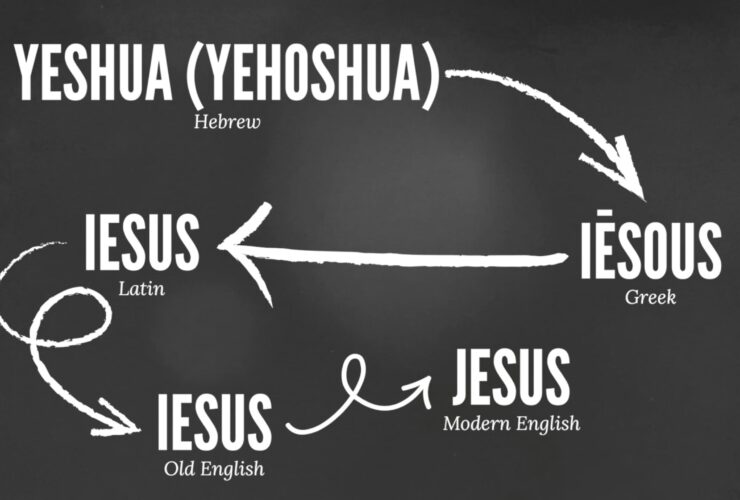In Acts 16, we read about an interesting occurrence in the ancient city of Philippi in Macedonia. Just for interests’ sake here, Philippi was a Roman colony founded by Roman veterans who settled there in 42BC, this means that many Philippians were also Roman citizens. And the status of Roman colony came with several perks: The right to an autonomous government, legal rights, being in Philippi was legally like being in Rome, and exemption from provincial tax. Archaeologists have noted that the majority of the inscriptions found in Philippi are in Latin, the official language of Rome, which is comparatively unusual. So, it looks like their Roman Colony status was a point of pride for them, which might be why Luke says that Philippi was a leading city of that district of Macedonia in Acts 16:12. Philippi was not the capital of Macedonia, that title belonged to Thessalonica, so Luke’s description probably has to do with Philippi’s wealth, social honor or reputation.
We can also assume that there was not a significant Jewish population there because there was no synagogue for Paul to visit, instead he went to the river outside the city on Sabbath where he was likely told that people gathered for Jewish prayer, and there he finds a group of women. After recounting the conversion of the prominent woman, Lydia, Acts goes onto tell us that Paul made a habit of going to that place of prayer by the river to speak, but he was followed by a demon possessed slave-girl who told the future for the profit of her owners. Our English translations normally just say that this girl had a “spirit” or a “demon”, but the original Greek says, “python spirit”. Unless we know Roman or Greek history, this probably means nothing to us. So, let’s dig into it a bit:
“As we were going to the place of prayer, we were met by a slave girl who had a [python] spirit of divination and brought her owners much gain by fortune-telling.”
Acts 16:16
What should we take from this designation as a “python” spirit or demon? Turns out that this has its roots in the famous Oracle of Delphi. In Greek mythology the god Apollo was said to have slain a great snake or dragon that guarded the place that would become the deep cave of the Oracle of Delphi, Apollo earned himself the name Pythian Apollo. A virgin priestess would preside as the Oracle, and she would be known as the Pythia. Ancient writers talk about how this priestess would be violently possessed by Apollo as she sat on a special tripod and would predict the future. The Pythia were largely seen as accurate predictors of the future but were apparently known to give vague prophecies that could mess with the inquirer’s understanding. And receiving these oracles from the Pythia were not the only ways that one could participate in this cult of the Oracle. There were other methods of divination, like drawing lots after offering a sacrifice that were much more economical for the average joe. Divination was, and still is a lucrative business. So, this slave girl in Philippi was being used by her owners to make a lot of money based on her demon possession that allowed her to give accurate future predictions and to know things about people that she couldn’t possibly know. She had supernatural insight. After all, her assessment of Paul and his companions was accurate. This mirrors other accounts in the gospels where demon possessed people were able to identify Jesus as the Son of God.
What I find very interesting is Paul’s reaction. First, he just ignores her. But eventually, he casts the demon from her. There’s a lot of speculation around this, was he compassionate, angry? Afraid the gospel message would be misunderstood? Worried that people would think it acceptable to receive information via divination or spiritists? Regardless, this account tells us with no uncertainty that Paul did not accept this spiritually inspired recognition, he rejected it so much that he cast the demon out. It begs the question, why doesn’t it? The spirit was telling the truth, after all. The scriptures are clear on this topic: We are not to receive our information from spirits or demons. While they may sometimes tell the truth, demons and the devil are called God’s enemy and our enemy. Messing with them, listening to them, is not only ill-advised, it is dangerous.

Corie Bobechko is a daily co-host, speaker, and writer of Bible Discovery. She also hosts a YouTube channel that shows how history and archaeology prove the Bible. Her heart for seekers and skeptics has led her to seek truth and share it with others. Corie also has a Bachelor of Theology from Canada Christian College.






